A Filmmaker's Guide to: Kant's Philosophies
Film Studies (Pt.87)
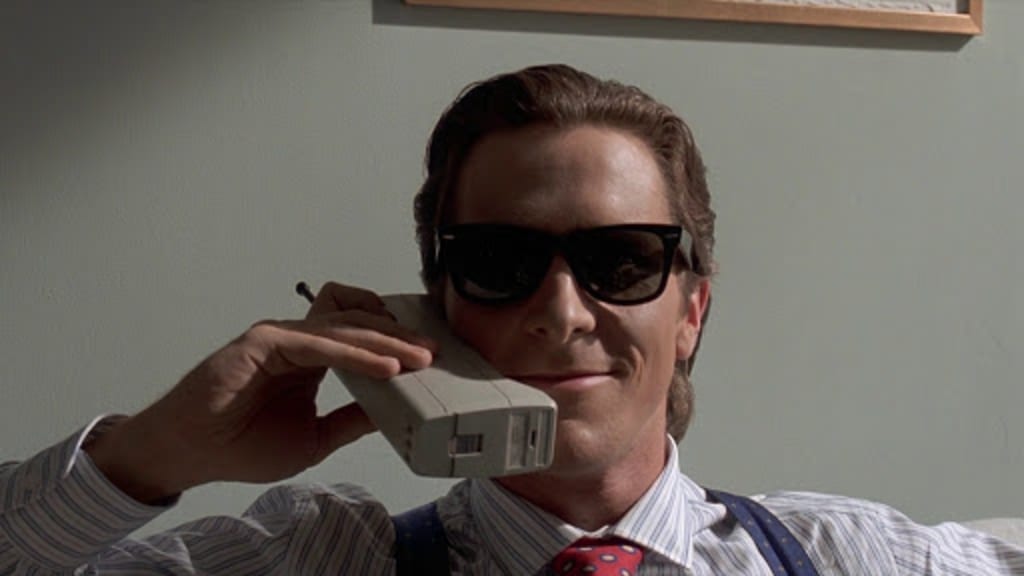
In this chapter of ‘the filmmaker’s guide’ we’re actually going to be learning about literature and film together. I understand that many of you are sitting in university during difficult times and finding it increasingly hard to study and I understand that many of you who are not at university or not planning on it are possibly stuck of what to do, need a break or even need to catch up on learning film before you get to the next level. This guide will be brief but will also contain: new vocabulary, concepts and theories, films to watch and we will be exploring something taboo until now in the ‘filmmaker’s guide’ - academia (abyss opens). Each article will explore a different concept of film, philosophy, literature or bibliography/filmography etc. in order to give you something new to learn each time we see each other. You can use some of the words amongst family and friends to sound clever or you can get back to me (email in bio) and tell me how you’re doing. So, strap in and prepare for the filmmaker’s guide to film studies because it is going to be one wild ride.
Kant's Philosophies
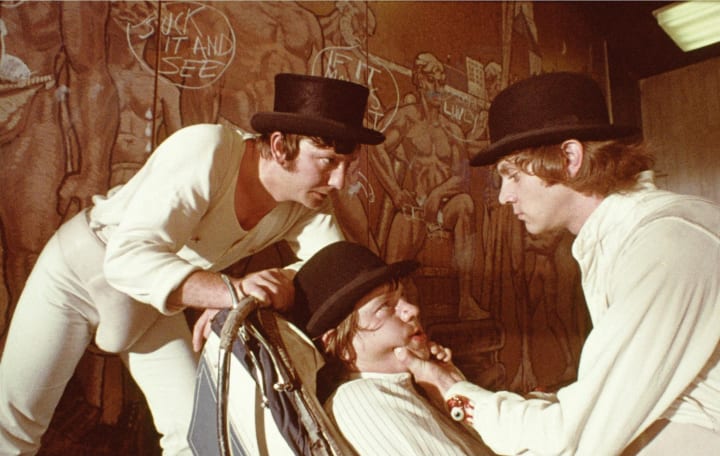
What are they?
Kant's philosophical realm is ethics and can be broken down into some main groups. Here are some of his theories simplified without being reductive:
- people should always respect the humanity of other people
- there are social imperative 'rules' that are ethical and everyone should respect these rules if they are to be viewed as humane
- true happiness and pure reason can only be achieved if the 'good' has no incentive or want of reward
- everyone should have the same freedoms so that everyone gains an equal chance of achieving happiness
- morality and ethics are always based on the amount of freedom and free-will everyone has. If everyone has equal amounts and those amounts are as large as possible, then morality and ethics will be higher amongst the general population
In literature, the modernists employed this in their reasoning that the legal system does not always work and wants what is best for everyone. A strange theory that went on to investigate how the law can be flawed and even, at times, completely wrong. Literature, mostly modern literature, loves the Kantian take on ethics and humanity.
The best example of this is possibly "To Kill a Mockingbird" by Harper Lee, in which humanity is not respected, the way in which the law favours the caucasian is thus wrong and the way certain people are treated are definitely not equally distributed amongst the population of the novel.
Here are some more novels you could take a look at:
- Nineteen Eighty-Four by George Orwell
- Lord of the Flies by William Golding
- Brave New World by Aldous Huxley
- Lolita by Vladimir Nabokov
- A Clockwork Orange by Anthony Burgess
- The Trial by Franz Kafka
What about in film?
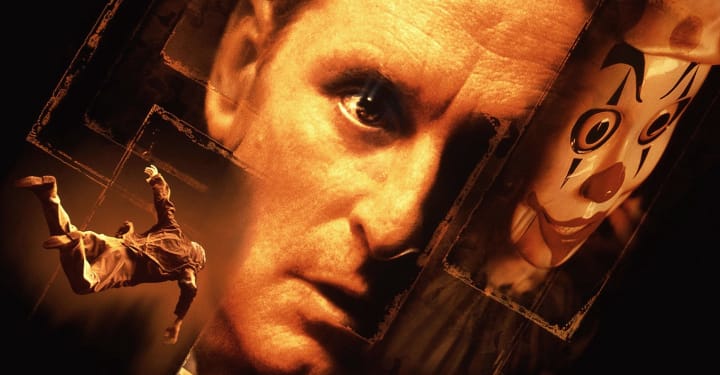
Film loves philosophy and Kantian philosophy is no exception. Viewed as being both a good and bad world view to have, film has given a new light on Kantian philosophy through its use of moralising things that are not to be moralised: for example the moralisation of a businessman who also doubles as a serial killer - but did it really happen? And if it did not happen then are we the bad people for assuming it did? If it did not happen then should he not seek help for the effect it has had upon his mind? Then, the simple one is if it did happen and he did kill all those people then the law has failed to act.
Of course, I was talking about "American Psycho" and now I'm going to give you some other films which show us Kantian philosophies:
- Full Metal Jacket
- The Game
- Primal Fear
- The Exorcism of Emily Rose
- Fargo
Let's have a look at some further reading in this class so that you can understand Kantian philosophies a little bit more.
Further Reading:
- De Quincey, T (2016). Last Days of Immanuel Kant and Other Writings. UK: Leopold Classic Library.
- Kant, I (2001). Basic Writings of Kant. UK: Modern Library Inc.
- Kant, I (2009). Critique of Judgement. UK: Oxford World's Classics.
- Kant, I (2019). Groundwork for the Metaphysics of Morals. UK: Oxford World's Classics.
About the Creator
Annie Kapur
200K+ Reads on Vocal.
English Lecturer
🎓Literature & Writing (B.A)
🎓Film & Writing (M.A)
🎓Secondary English Education (PgDipEd) (QTS)
📍Birmingham, UK


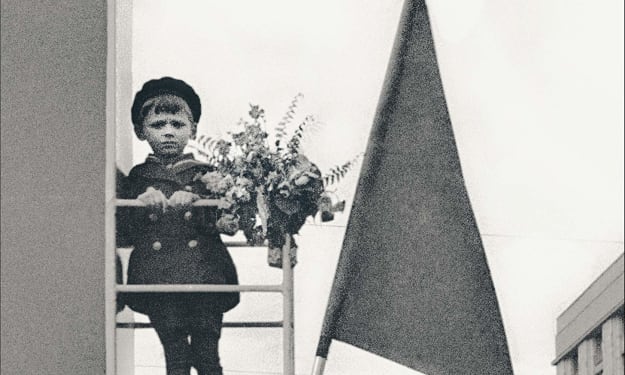
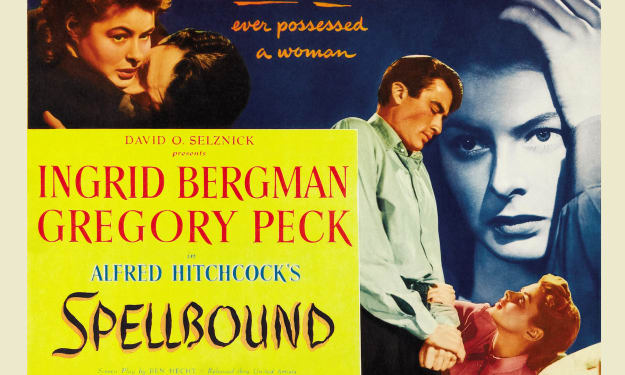


Comments
There are no comments for this story
Be the first to respond and start the conversation.